
Climate Litigation Network
The Climate Litigation Network is an international project of the Urgenda Foundation. We support organisations, communities and individuals to use litigation to compel national governments to ramp up their climate mitigation ambition. Visit the Climate Litigation Network website for up-to-date information on their activities.
Global Climate Cases
Inspired by the successful precedent established by the Urgenda case, communities around the world are taking their governments to court over their inadequate climate action. In recent years, climate litigation has become an increasingly powerful instrument to enforce or enhance governments’ climate commitments. According to the most recent tally from the London School of Economics, more than 70 cases have been filed worldwide that challenge the adequacy of governments’ climate action. Many courts around the world have by now followed the example of the Dutch courts, including in Belgium, Colombia, France, Germany, Ireland, Pakistan and Nepal. These successful judgments are providing lessons for other courts across the globe.
Here we highlight some of the cases that have been filed worldwide. Each of them provides inspiring examples of how climate cases help achieve the goals of climate justice and empower community mobilization.
Use these links to quickly jump to your country of choice:
Australia
Australian Climate Case (2021)
In October 2021, two First Nations leaders from remote islands in Zenadth Kes (the Torres Strait) in Australia filed a legal action against the Australian Government to challenge its inaction on climate change mitigation.
The two plaintiffs, Paul Kabai and Pabai Pabai, argue that the Government has a legal responsibility under the law of negligence to ensure that Torres Strait Islander Peoples – and all Australians – are not harmed by the climate crisis. The plaintiffs claim that the Government is falling far short of the mitigation action required by 2030 to prevent dangerous climate change and to hold global heating below 1.5C, based on best available climate science regarding Australia’s ‘fair share’ of emissions reductions.
Torres Strait Islander communities are on the frontline of the climate crisis and face an existential challenge due to rising sea levels and other serious impacts. The plaintiffs are seeking an order from the court that requires the Government to prevent this harm to their communities by taking concrete steps to cut emissions and limit global heating.
The plaintiffs are represented by Phi Finney McDonald, an Australian law firm, and supported by Grata Fund, a non-profit organisation that supports strategic litigation in Australia. More information and legal documents can be found on the Australian Climate Case website, as well as here and here. Hear from the plaintiffs via video at COP26 in Glasgow here. For further developments, follow @GrataFund.
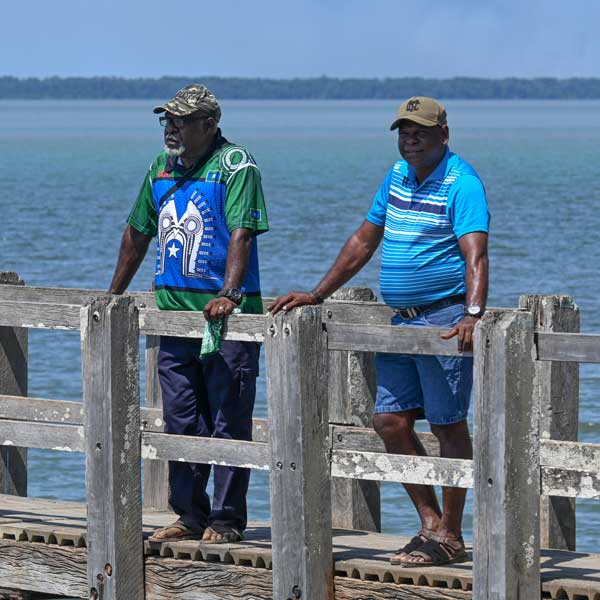
Belgium
In June 2021, a Court of first instance in Brussels established for the first time the negligence of the Belgian public authorities in the fight against climate change. The case was filed in 2015 by the association Klimaatzaak (Climate Case) which was founded by 11 Belgians, including well-known actors and musicians. During the proceedings before the court, the case was joined by more than 58.000 co-plaintiffs, making it the ‘biggest’ climate case worldwide. In its judgment, the Court recognized that the NGO Klimaatzaak, as well as the over 58.000 co-plaintiffs – are directly, personally and realistically at risk of harm because of the ongoing climate crisis. The Court concluded that the federal State and three regional governments are jointly and individually responsible for protecting their citizens from the negative impacts of the climate crisis. Referring to their failure to take adequate climate measures to date, the Court found both the national and regional authorities in breach of their duty of care towards their citizens and had violated human rights by not taking sufficient climate action. Despite this ruling, the Court did not order the State to reduce emissions by at least 42% by 2025 and at least 55% by 2030 (compared to 1990 levels) – as requested by the plaintiffs. Klimaatzaak have announced their decision to appeal this aspect of the ruling. Additional resources about the climate case, the 58,000 citizens and the legal documents are available here and here. Updates on can be found @Klimaatzaak.

Canada
In Canada there are now several climate cases pending, both against the federal Government and against individual states.Young people are taking the lead in all of them.
ENVironnement JEUnesse v. Canada (2019)
In November 2018 a Quebec-based environmental nonprofit, ENvironnement JEUnesse, launched a climate case against the Canadian Government on behalf of all the citizens of Quebec under the age of 35. They argued that the Government’s GHG reduction targets are inadequate, and that failing to take aggressive action to avoid catastrophic climate change violates the fundamental rights of young people under Canadian and Quebec human rights charters. The application in French and English can be found here and here. In July 2019, the Superior Court of Quebec dismissed the application to commence a class action. In August 2019, the plaintiffs filed an appeal before the Quebec Court of Appeal and submitted an additional brief in November 2019. More information about the case can be found here and @ENJEUquebec.
La Rose v. Canada (2020)
In October 2019, a group of 15 young people, represented by a coalition of NGOs, filed a claim against the Canadian Government regarding its inadequate climate change policies on behalf of all children and young people in Canada and future generations. The claim alleges that the Government’s inadequate policies have allowed dangerous levels of climate change to occur which has, and will, seriously impact the claimants’ health, their livelihoods and their cultural practices as First Nations People. They allege that the Government is violating its obligations under the constitutional Charter of Fundamental Rights and the public trust doctrine. In February 2020, the Government filed its first statement of defence, requesting the claim to be dismissed. In October 2020, a Federal Court ruled in favour of the Government, dismissing the legal action. In November 2020, the plaintiffs appealed the decision and the case is currently ongoing. Further details of the case can be found here, here and @DavidSuzukiFDN
Mathur et al. v. Ontario (2020)
In November 2019, seven young people supported by Ecojustice filed a lawsuit against the provincial Government of Ontario regarding its failure to adequately meet the challenge of tackling dangerous climate change. The applicants argue that the provincial government, by lowering the ambitions of Ontario’s adopted climate targets through the Cap and Trade Cancellation Act in 2018, has violated Ontarians’ Charter rights to life, liberty and security of the person and equal protection under the law. They seek an order directing the Government of Ontario to set stricter science-based GHG reduction targets. The Ontario Government asked the judge to dismiss the case without a substantive hearing, arguing that issues on climate policy could not be addressed by a court. In November 2020, the Ontario Superior Court of Justice rejected the Government’s motion to dismiss the case, allowing it to proceed to a full hearing where the judge will listen to the facts of the case. This is a significant step in the litigation: it is the first time that a Canadian court has recognized that climate change has the potential to violate human rights protected in the Canadian Charter and that the Government can be ordered to take action on climate change. Additional resources and legal documents on the #GenClimateAction are available here, here and @ecojustice_ca.
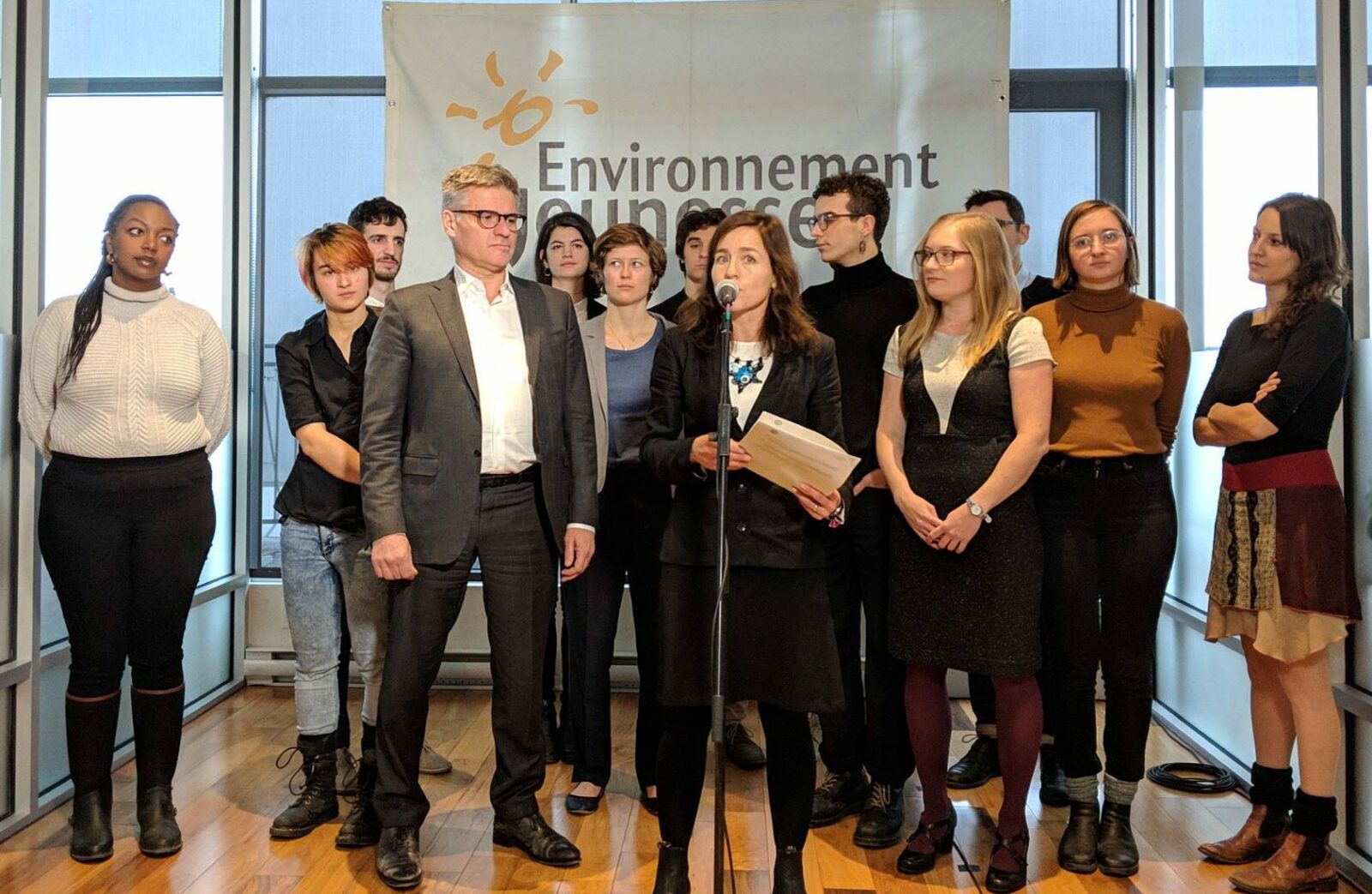
Colombia
In April 2018, 25 young people aged between 7 and 25 years old won a lawsuit against the Colombian Government, several local governments, and a number of corporations. The young people claimed that climate change threatened their fundamental rights to a healthy environment, life, health, food, and water, and that the Government violated their rights and those of future generations by not doing enough to combat deforestation in the Amazon. The Supreme Court ruled in favour of the young people and recognised the Colombian Amazon as an area having its own rights. The Supreme Court also ordered the Government to make and carry out action plans to address deforestation in the Amazon, taking steps to meet its own goal of net-zero deforestation by 2020. The Supreme Court’s decision (in Spanish) can be found here. In August 2019, the District Court of Bogota scheduled a number of hearings to monitor the implementation of the Supreme Court’s decision. Details on the hearings and the implementation of the judgment can be found here (in Spanish). More information about the case can be found here, here and @Dejusticia.
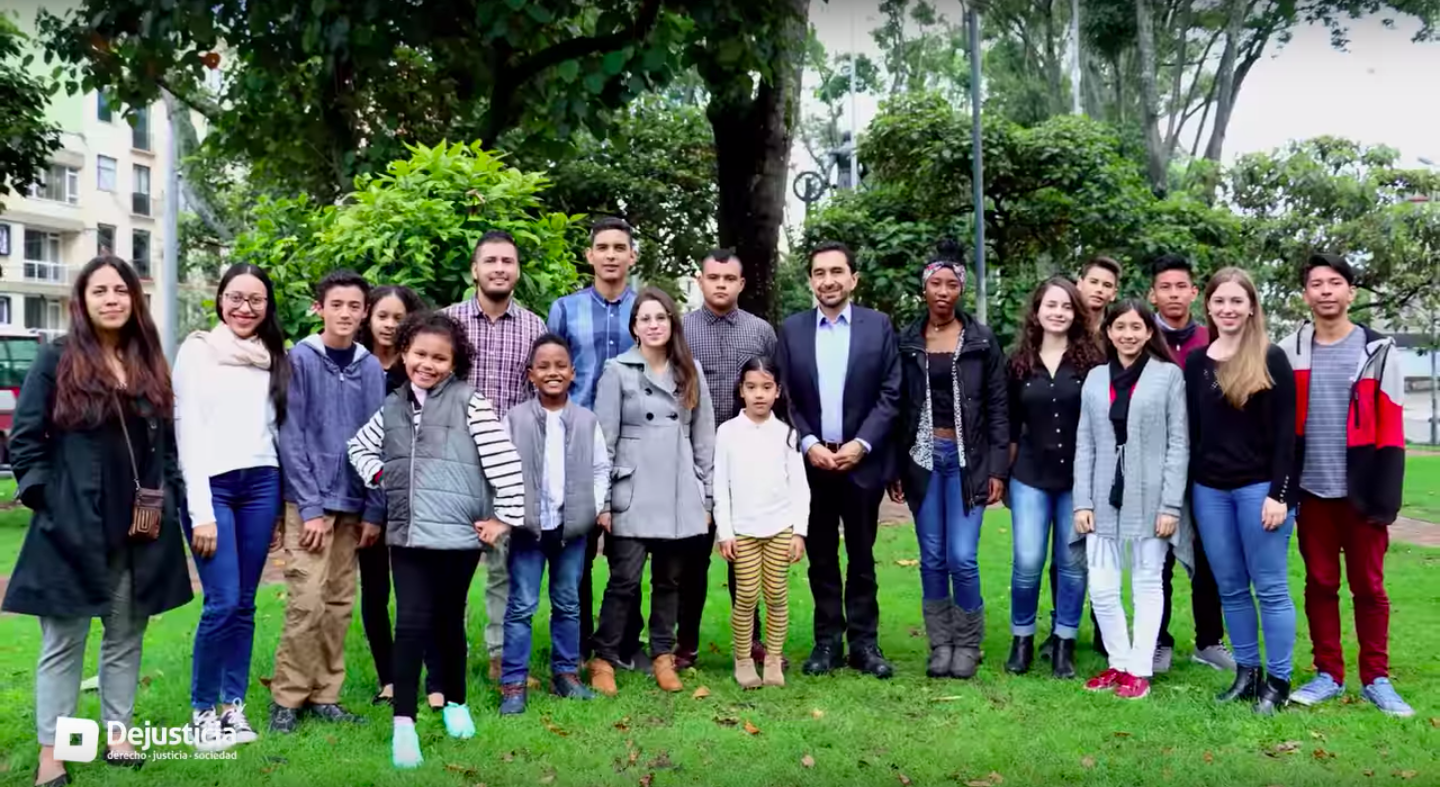
Czech Republic
In June 2022, a court of first instance in the Czech Republic issued a landmark decision on the Czech government’s responsibility to take greater mitigation action in order to protect the right to a favourable environment. The case was filed against the Czech government in 2021 by two farmers – a forest owner and a person suffering acute environmental anxiety); a municipality (Svatý Jan pod Skalou) currently experiencing water scarcity, forest pests and loss of biodiversity; and the climate case association (Klimatická žaloba ČR) which represents over 250 individuals from around the country. The court found that the “far-reaching effects” of climate change were a threat to the right to a favourable environment of Czech people, and that this requires the government to “develop specific and comprehensive mitigation measures without undue delay”. The court emphasised that “mitigation measures cannot be postponed” because of the irreversible nature of climate change. In practical terms, the court ordered that the government adopt “concrete” mitigation measures to reduce emissions by 55% by 2030 compared to 1990 levels (reflecting the NDC adopted by the EU). The court found that the Czech Republic is currently on track to reduce emissions by only approximately 45% by 2030, and that many existing climate measures were poorly implemented. The court’s judgment and a press release from the plaintiffs in English can be found here. Further details on the case can be found here and @KZaloba.

European Union
In May 2018, ten families, including children, filed a climate change case in the EU General Court against the EU Parliament and Council. The families, from Portugal, Germany, France, Italy, Romania, Kenya, Fiji, and the Swedish Sami Youth Association Sáminuorra, claim that the EU’s 2030 climate target is insufficient to prevent dangerous climate change or to protect their fundamental rights to life, health, occupation and property. The applicants argued that the EU target of a 40% reduction in domestic GHG emissions below 1990 levels by 2030 is unlawful and that a greater level of ambition is required. The European Parliament and the Council argued that the case is inadmissible. In May 2019, the European General Court dismissed the case because it did not meet the test for admissibility that has historically restricted the access of citizens to the EU courts. In March 2021, the European Court of Justice dismissed the appeal on the same procedural grounds, once again showing the EU’s lack of access to justice in environmental matters. The application can be found here, the appeal can be found here and the final decision can be found here. More information on the case can is available here, here and @CANEurope.
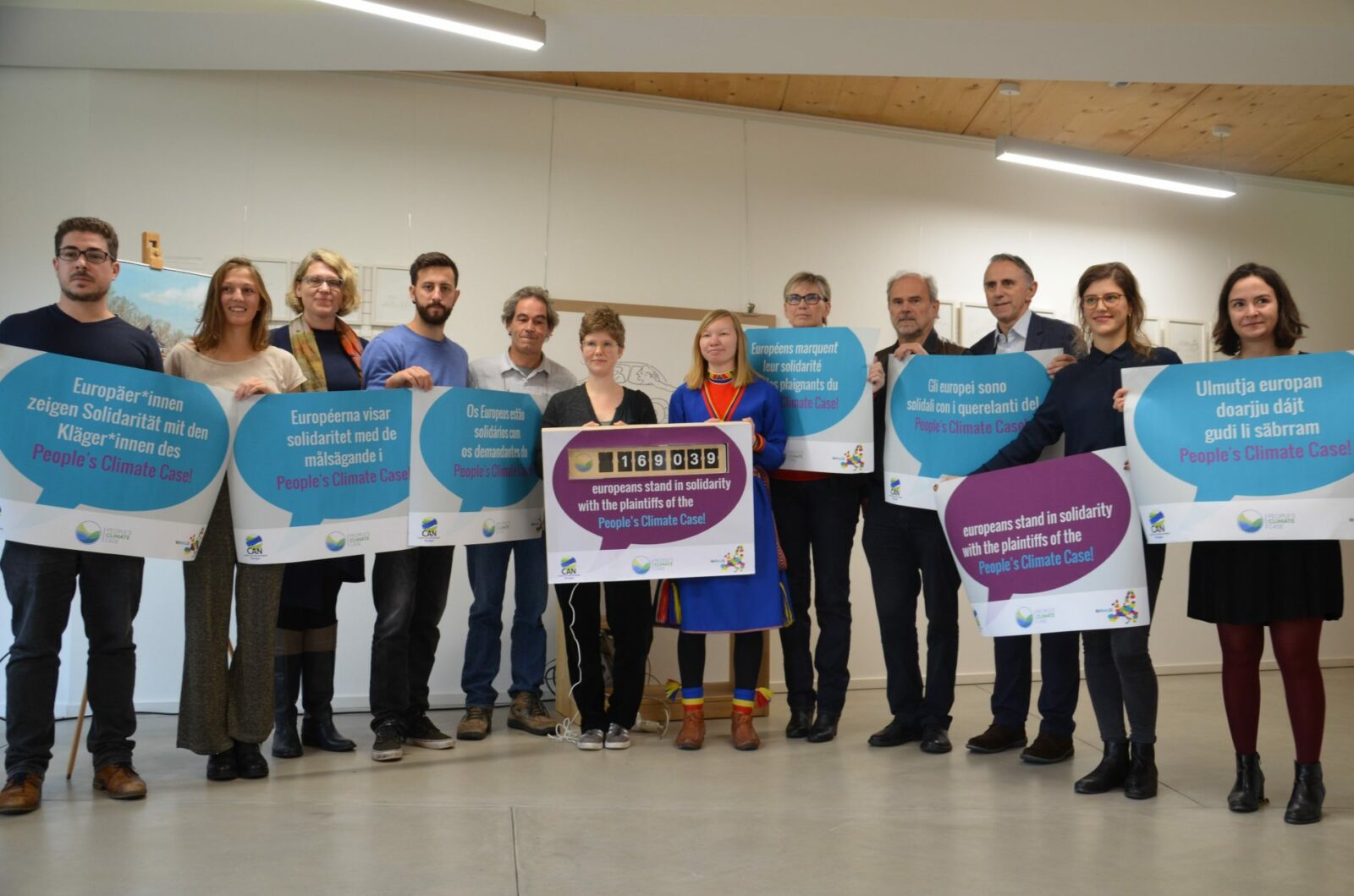
France
l’Affaire du Siècle (2021)
On February 3, 2021, a ground-breaking decision was issued in the French climate case L’Affaire du Siècle: the Administrative Court of Paris recognized for the first time the legal responsibility of the French State for its contribution to the climate crisis. The Court found that the Government’s failure to reduce its GHG emissions in the short-term, in line with its own targets, contributes to dangerous climate change, causing environmental harm in France (préjudice écologique), and is therefore unlawful.
The Court referred to France’s international and domestic legal commitments to prevent dangerous climate change, and scientific evidence regarding the serious climate impacts already affecting the French territory, such as coastal erosion, extreme weather events (such as heatwaves and floods) and the spread of insects carrying disease. The Court found that State had “substantially exceeded” its own carbon budget for the period 2015-2018 and had thus “failed to carry out the actions that it had itself recognized as likely to reduce greenhouse gas emissions.” On this basis, the State was responsible for causing environmental harm due to its contribution to climate change. The court emphasized that emissions reductions in the short-term matter – even if the State might still meet its long-term emissions targets – because emissions generated now will continue to disrupt the atmospheric balance for hundreds of years, “thus aggravating the ecological damage claimed”. The Court extended the evidentiary phase in order to determine what orders should be made against the State. In October 2021, the Administrative Court of Paris delivered an unprecedented ruling that confirmed its previous findings: for the first time, the Court sanctioned the French State for its failure to achieve intermediate carbon budgets, unlawfully generating GHG emissions. Therefore, the Court ordered the State to adopt additional measures aimed at reducing emissions by 15 Mt CO2-eq by December 2022. The Governments has now 14 months to quickly accelerate its climate action and correct the mitigation delays accumulated over the past years.
The case was initiated in March 2019 by the associations Notre Affaire à Tous, Oxfam France, Fondation pour la Nature et l’Homme and Greenpeace France. With more than 2.3 million signatures, the online petition supporting the legal action is the most widely supported in the history of the country, putting the climate crisis at the centre of public debate in France and consolidating an active participation of citizens in the fight against global warming. The Court’s decision and other legal documents can be found here and here. Supporters of the case can sign a petition on the website of L’Affaire du Siècle. More information about the case can be found here, here, @laffairedusiecl and @NotreAffaire.
Grande-Synthe v. France (2021)
In January 2019, the Municipality of Grande-Synthe and its mayor sued the French Government for its prolonged inaction over the climate crisis. Climate change poses a significant threat to the municipality, which is located below sea level and is increasingly exposed to sea level rise, flooding, disruptive calamities and other climate-induced extremes. The plaintiffs argued that the French Government had failed to pursue effective climate action, including by failing to adequately reduce France’s greenhouse gas emissions in violation of its domestic and international commitments. On July 1, 2021, the highest administrative court of the country (the Conseil d’État) found in favour of the municipality: it concluded that the Government’s current efforts and measures were inadequate and incompatible with the national climate targets set in law for 2030. The Court therefore ordered the Prime Minister to increase its efforts and adopt additional measures to comply with the country’s climate targets by March 2022. This case represents the first time that a French Court has ordered the Government to step up its ambition in the fight against climate change. The judgment is also important for the ongoing L’Affaire du Siecle case (above) – the plaintiff NGOs from which successfully intervened in this case. The order of the Court can be found here. Additional information on the case can be found here.
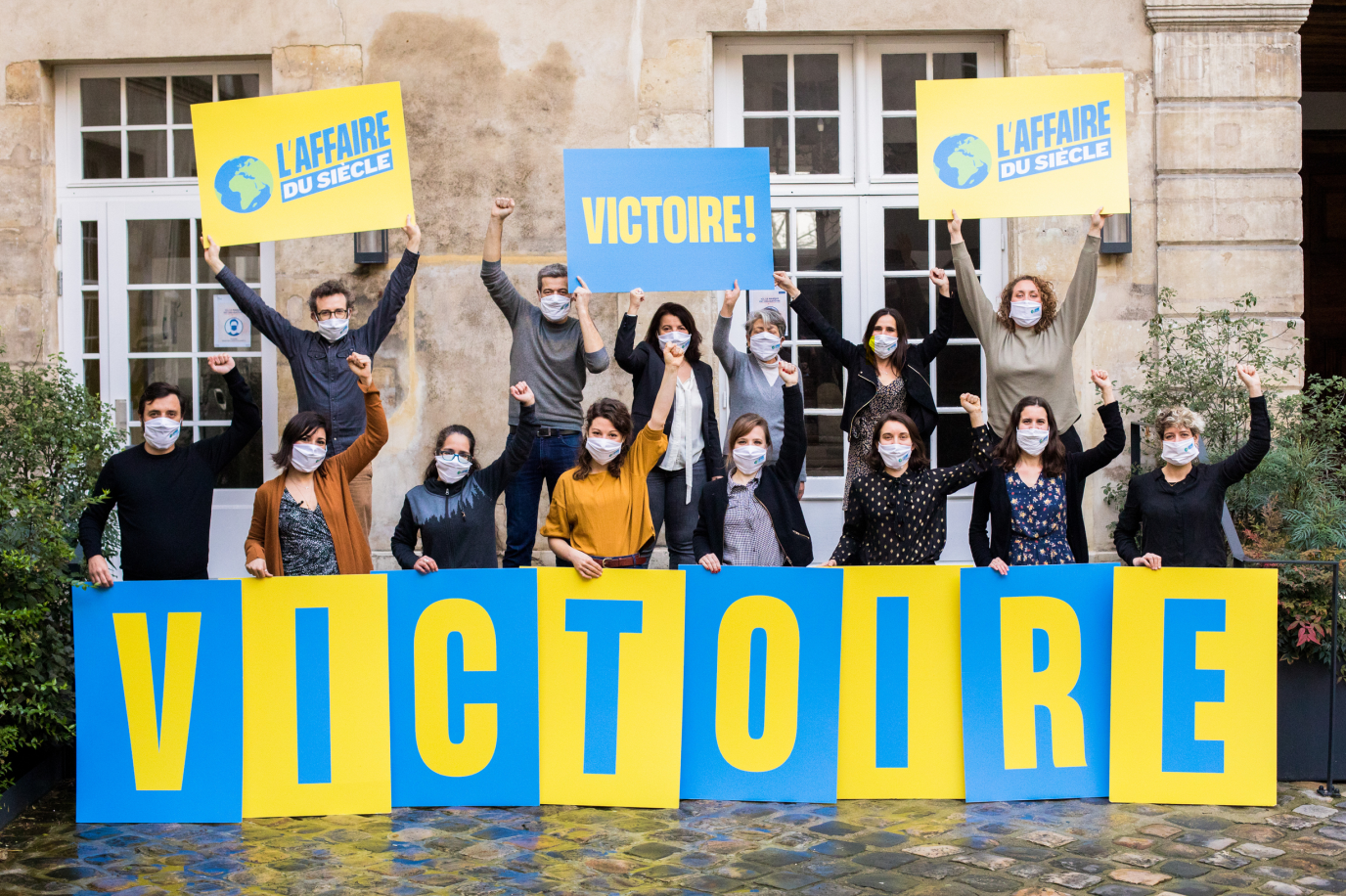
Germany
Neubauer v Germany (2021)
In a landmark decision of 29 April 2021, the German Federal Constitutional Court – the country’s highest court – found that Germany’s climate protection law violates the fundamental rights of young people and future generations and it must therefore be improved.
The case was brought by several groups, including a group of young people who had previously filed a climate case before the Berlin Administrative court (see below). The youth argued that Germany’s climate law (which set a reduction target of 55% by 2030 compared to 1990 levels) was insufficient to protect against dangerous climate change and therefore violated their fundamental rights, including their right to life, right to health and right to a decent future.
In its historic decision, the Constitutional Court recognized that climate change represents a “catastrophic or even apocalyptic” threat to society and that the State has a constitutional duty to protect against dangerous climate change. This duty requires taking mitigation measures towards achieving climate neutrality and engaging in “internationally oriented activities to tackle climate change at the global level”. In its ruling, the Constitutional Court concluded that due to the insufficient reduction target of 55% by 2030, almost the entirety of the German emissions budget would be exhausted by 2030. This would create an impossible reduction task for the generations after 2030. The Constitutional Court found that creating this near-impossible task would infringe the plaintiffs’ fundamental freedoms. In the Court’s view: “one generation must not be allowed to consume large portions of the CO2 budget while bearing a relatively minor share of the reduction effort, if this would involve leaving subsequent generations with a drastic reduction burden and expose their lives to serious losses of freedom”.
The Court accordingly ordered German lawmakers to amend the climate law by making it clear how it will reduce its emissions after 2030 to achieve climate neutrality in time. The decision has had a dramatic impact on German climate policy. Within a week after the decision of the Constitutional Court, the German Government increased its reduction target from 55% to 65% by 2030, compared to 1990 levels. More changes to the climate law are expected to follow.
The case was supported by GermanWatch and Greenpeace Germany (who also brought the case below), and the Fridays for Future movement. The Court’s decision and other legal documents can be found here and here. See also more information here and here, and follow further developments @greenpeace_de, @Germanwatch.
In the months following the landmark judgment of the Federal Constitutional Court, youth plaintiffs from all over the country brought proceedings against the German States of Bavaria, Brandenburg, Hesse Mecklenburg-Western Pomerania, North Rhine-Westphalia, Saarland, and Saxony. The youth plaintiffs, supported by the NGO Deutsche Umwelthilfe, claim that these States have failed to adopt climate laws in line with the 1.5°C goal of the Paris Agreement, thus violating their constitutional rights. More information about the cases can be found here, here and @Umwelthilfe.
German Family Farmers (2019)
The constitutional case above follows an earlier lawsuit initiated in October 2018 by Greenpeace Germany, along with three families who are organic farmers, against the German Government. In October 2019, the Berlin Administrative Court dismissed the case, finding that the GHG reduction efforts pursued by the State were not completely unreasonable. The Court did, however, find that fundamental rights can be violated by the impacts of global warming and that the Government’s climate policy must be based on scientific facts and the findings of the Intergovernmental Panel on Climate Change (IPCC). It therefore established an important precedent for the successful constitutional case that followed. General information about the case can be found here and here. Statements of the plaintiffs on the judgment of the Berlin Administrative Court can be found here and here.
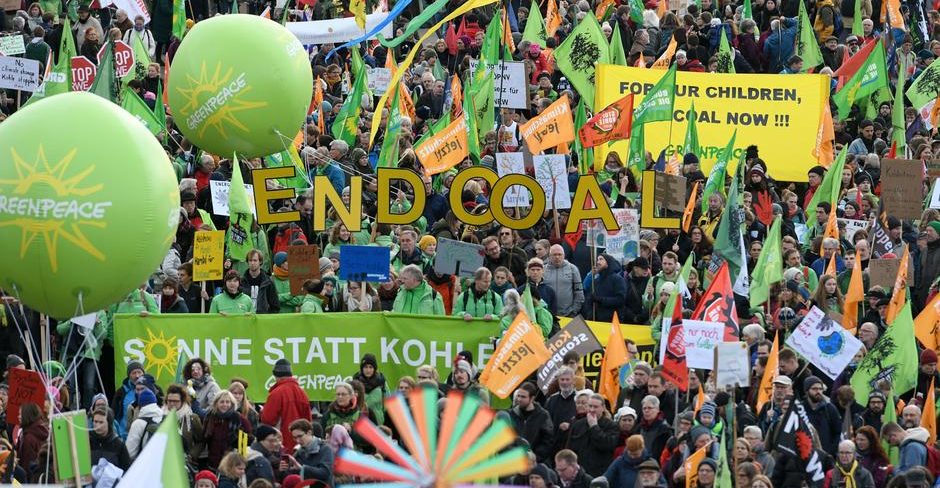
India
In March 2017, nine-year-old Ridhima Pandey filed a petition against the Indian Government in the National Green Tribunal. Pandey asserted that the Government had failed to fulfil its duties to her and the Indian people to mitigate climate change, as it falls short of meeting the emission reduction policies and standards that it has set for itself. In her petition, Pandey asked the Tribunal to order the Indian Government to prepare a carbon budget and national climate recovery plan in accordance with international agreements and scientific consensus. The petition was rejected by the National Green Tribunal on the basis that the matter was already covered under the environmental impact assessment. The petition filed by Ridhima is available here. Further details about the case are available here and @ridhimapandey7.

Ireland
In a ground-breaking decision, on 31 July 2020, the Irish Supreme Court upheld the historic legal challenge initiated by Friends of the Irish Environment (FIE) against the Irish Government, known as Climate Case Ireland. The Supreme Court held that the Government’s National Mitigation Plan (the Plan), a main plank of its climate change policy, failed to specify how Ireland would transition to “a low carbon climate resilient and environmental sustainable economy by the end of 2050”, as required by the Climate Act 2015. The Supreme Court found that the Plan was “excessively vague and aspirational” and that “too much is left for further study or investigation”. In doing so, the Supreme Court overturned an earlier ruling by a lower court (the High Court) which had dismissed the case on the basis that the Government had wide discretion in setting its climate policy. As a result of the Supreme Court ruling, the Government was required to create a new, more ambitious National Mitigation Plan that complied with Ireland’s national and international climate obligations.
Climate Case Ireland was the first case of its kind in Ireland and only the second case in the world in which an apex court ordered the government to revise its national climate policy. FIE launched the case in late 2017, alleging that the Plan didn’t do enough to reduce Ireland’s greenhouse gas (GHG) emissions and thus violated Ireland’s Climate Act, the Irish Constitution and the Government’s obligations under the European Convention on Human Rights (Articles 2 and 8), especially as Ireland’s emissions were set to increase by 2020.
Ireland’s Climate Minister Eamon Ryan welcomed the Supreme Court’s ruling, stating that, “[w]e must use this judgment to raise ambition, to empower action and to ensure that our shared future delivers a better quality of life for all”. The Supreme Court’s judgment is available here. News coverage and analysis of the case is available here, here, here and here. More information on the case can be found here, on the Climate Case Ireland website and @climatecaseire.
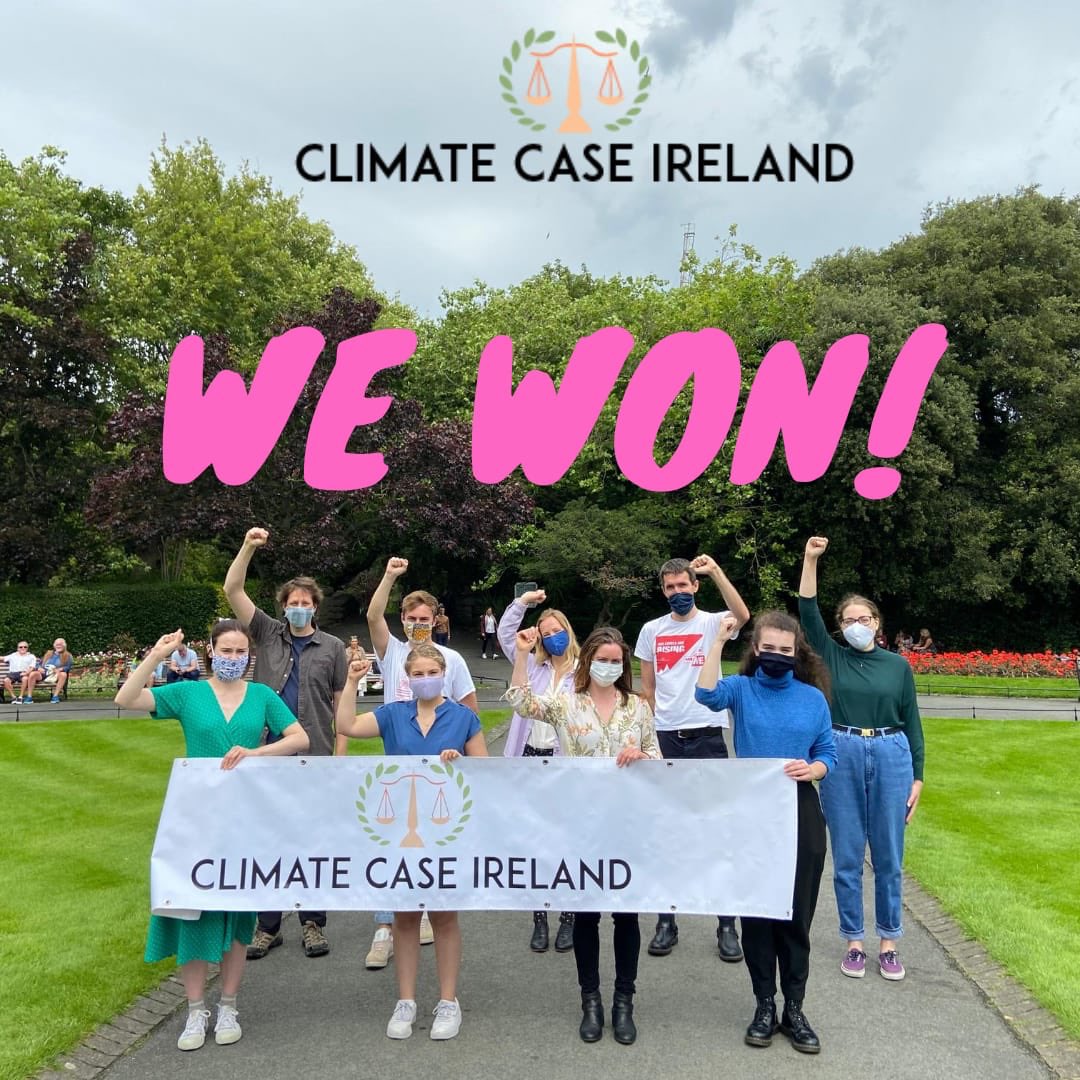
Italy
In June 2021, more than 200 claimants, including Italian citizens and residents, children, environmental groups and human rights NGOs filed the first climate lawsuit against the Italian State, as part of the Giudizio Universale (the Last Judgment) climate awareness campaign. They argue that Italy’s current mitigation targets are entirely inadequate to tackle the climate crisis and pose a threat to their human rights, including their right to a safe and stable climate system, their right to life, and their right to family life. According to the plaintiffs, the State is failing to do its part to reduce emissions and meet the long-term temperature goal of the Paris Agreement, in line with the principles of equity and common but differentiated responsibilities. According to Luca Mercalli, a renowned Italian meteorologist and plaintiff in the case: “environmental and climate problems have been well known for over 40 years. I have spent most of my scientific career surrounded by statements and declarations about environmental sustainability, and now also about ecological transition; but these announcements have never been followed by action. That is why I am suing the Italian state.” The claimants ask the Civil Court of Rome to find that the Italian State is acting unlawfully by failing to take appropriate climate action, and thereby creating a dangerous situation. They seek an order compelling the State to reduce its GHG emissions by 92% by 2030 compared to 1990 levels. Additional resources and legal documents are available on the campaign website here and here. Updates can be found @ASudOnlus.
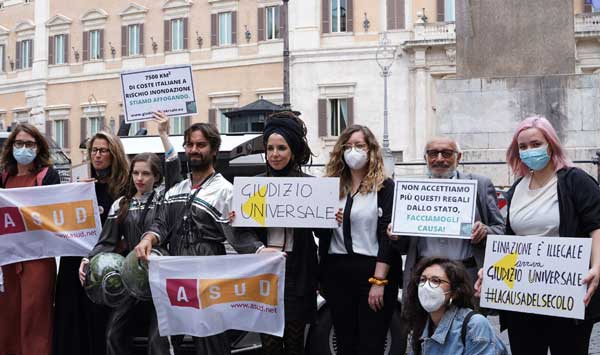
Mexico
In September 2020, 15 youth plaintiffs between the age of 17 and 23 filed a lawsuit against the Mexican Government, challenging its inaction on climate change. They ask the Government to issue regulations and public policies to properly implement the General Law on Climate Change which, according to the complaint, has not been implemented since its adoption in 2012. The plaintiffs contend that the Government has an obligation to mitigate Mexico’s contribution to global climate change and guarantee the constitutional right to a healthy environment. In September 2020, the case was admitted, thus allowing it to proceed to a hearing on the merits before a District Court. The case is supported by Defensa Ambiental del Noroeste and Our Children’s Trust. Other legal documents can be found here and here.
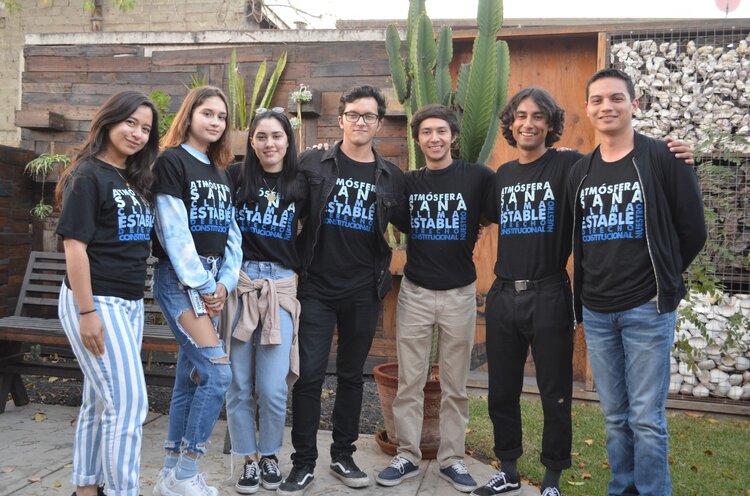
Nepal
In August 2017, Advocate Padam Bahadur Shrestha filed a petition requiring the Government of Nepal to enact a new comprehensive climate change law, pointing out the severe climate impacts suffered by the Nepalese population and ecosystems as a result of the State’s failure to adequately establish and implement mitigation and adaptation policies. In a groundbreaking decision rendered on December 25, 2018, the Supreme Court established that failure to address climate change violates fundamental constitutional rights, the State’s duty to protect the environment and its commitments arising from the Paris Agreement. The Court issued an order directing the Government of Nepal to enact a new climate change law aimed at mitigating and adapting to the effects of climate change, notably by reducing the consumption of fossil fuels, promoting renewable technologies, and developing scientific and legal mechanisms to compensate the victims of environmental degradation. More information on the case can be found here.
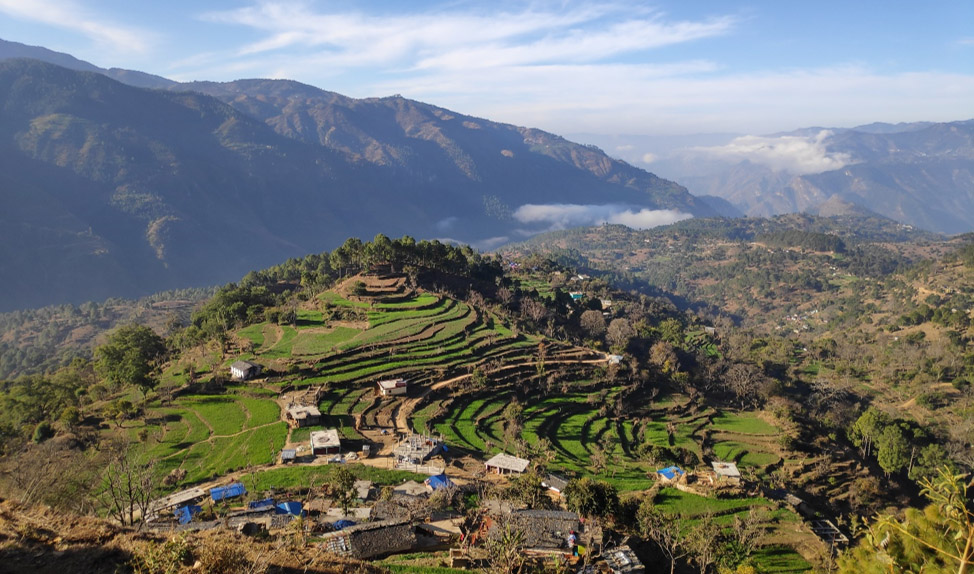
New Zealand
In November 2015, law student Sarah Thomson took the New Zealand Government to court for its insufficient climate ambitions. The case was heard in court in June 2017. On 2 November 2017, the High Court in Wellington issued its ruling. The Court held that climate change presents significant global risks and that the Government is legally accountable for its actions to address climate change. The Court determined that the New Zealand Minister for Climate Change had acted unlawfully by failing to consider whether to review the country’s climate change targets for 2050 after the publication of most recent IPCC Assessment Report. However, the Court refrained from issuing an order against the Government, as the newly elected Government took up office in October 2017 and committed itself to a target of CO2-neutrality in 2050. More information on the case is available here and here. The statement of claim and the judgment of the court are available here and here.
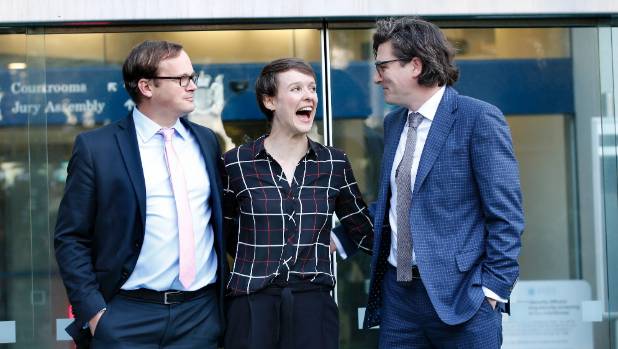
Pakistan
Asghar Leghari, a Pakistani farmer, brought a climate change case against the Pakistani Government for failing to implement its national climate change law and policy. In 2015, the Green Bench of the Lahore High Court upheld the claim, on the basis of the Government’s obligations to protect the constitutional rights to life and to dignity. Finding that the Government had done little to implement its national climate law, the Court directed the relevant ministries to each nominate a focal point to ensure implementation and present a list of action points. The Court also created a Climate Change Commission, mandated to monitor the Government’s progress. The Court’s decision can be found here. More information on the case can be found here.
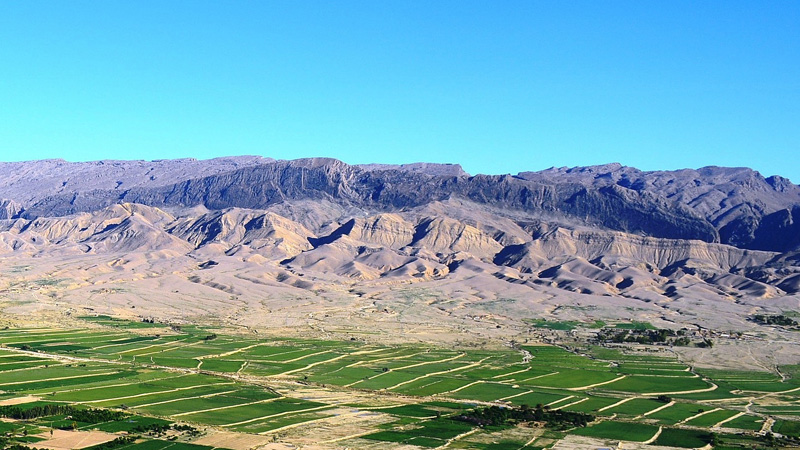
Peru
In December 2019, seven young people filed a complaint against the Peruvian Government regarding its failure to adequately tackle climate change. The claim addresses, in particular, the impact of mass-scale deforestation on the enjoyment of their fundamental rights, including the rights to a healthy environment, to life, water and health, as recognized by the Peruvian Constitution and in international human rights law. The claimants seek an order directing the Government to implement a net zero deforestation plan in the Peruvian Amazon by 2025, including mitigation and adaptation measures as well as the recognition of the Amazon as a rights-bearing legal subject. Legal documents and additional resources can be found here, here (Spanish) and @Ideele.
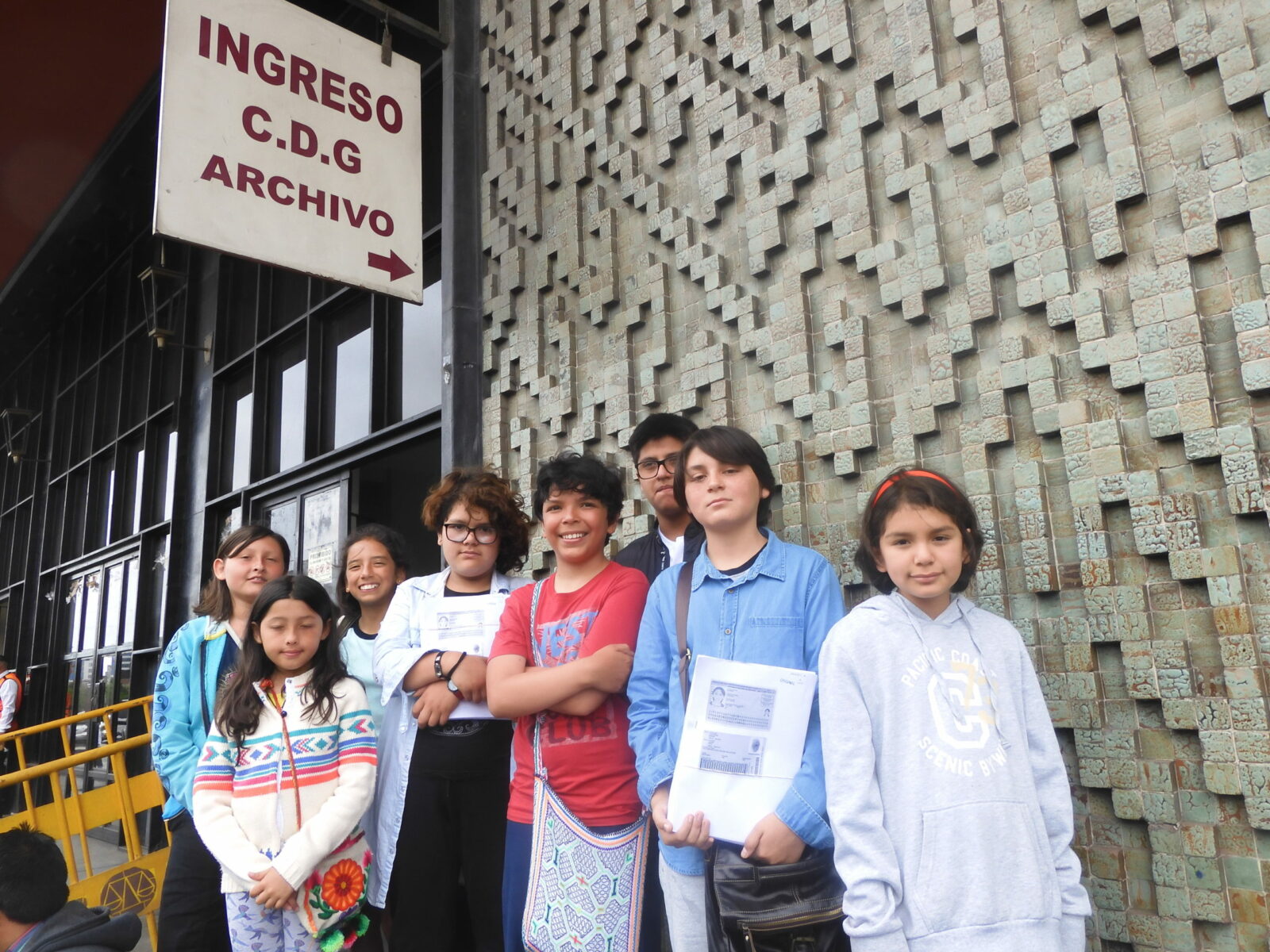
Poland
In June 2021, five Polish citizens initiated legal proceedings against their Government over its failure to reduce GHG emissions, which has placed them at real risk of harm. The claimants include a farmer, a plant wholesaler, an ecotourism business owner, parents and a youth climate campaigner – all of whom are directly impacted by the worsening climate crisis. They allege, before five different courts around the country, that the Polish Government’s lack of comprehensive and credible energy and climate policies violate the Polish Civil Code and their human rights. They point to the Government’s failure to announce a long-term strategy aimed at meeting its obligations under the Paris Agreement. They are asking the Court to order the Polish Government to increase its climate action by adopting a greenhouse gas emissions reduction target of 61% by 2030 (below 1990 levels) and carbon neutrality by 2043. Additional resources and legal documents are available here and here. Updates can be found @ClientEarth.

Republic of Korea
In March 2020, 19 young people filed a lawsuit against the Government of the Republic of Korea, claiming that it has failed to protect their constitutional rights by taking the short-term action needed to prevent dangerous levels of climate change. The plaintiffs are members of the Korean Youth Climate Action Group which has led the ‘School Strike for Climate’ movement in Korea. The plaintiffs are supported by Solutions for Our Climate and S&L Partners, acting as co-counsel on the claim. In the claim filed before the Constitutional Court in Seoul, the plaintiffs challenge the Government’s current 2030 GHG emission reduction target, which is set in law, and its previous decision to abolish its 2020 GHG emission reduction target. The plaintiffs allege that the Government’s actions violate the Constitution because they fail to provide sufficient protection for their fundamental rights from the harms caused by climate change. The plaintiffs rely upon their constitutional rights to life, to health, to a healthy environment and their rights to equality and non-discrimination as children, drawing on the principle of intergenerational justice. More information about the claim is available here and on the official website of the ‘Youth Climate Lawsuit’ (in Korean) here. Press coverage of the launch of the lawsuit is available here (in English), and here and here (in Korean) and @youth4climatekr.
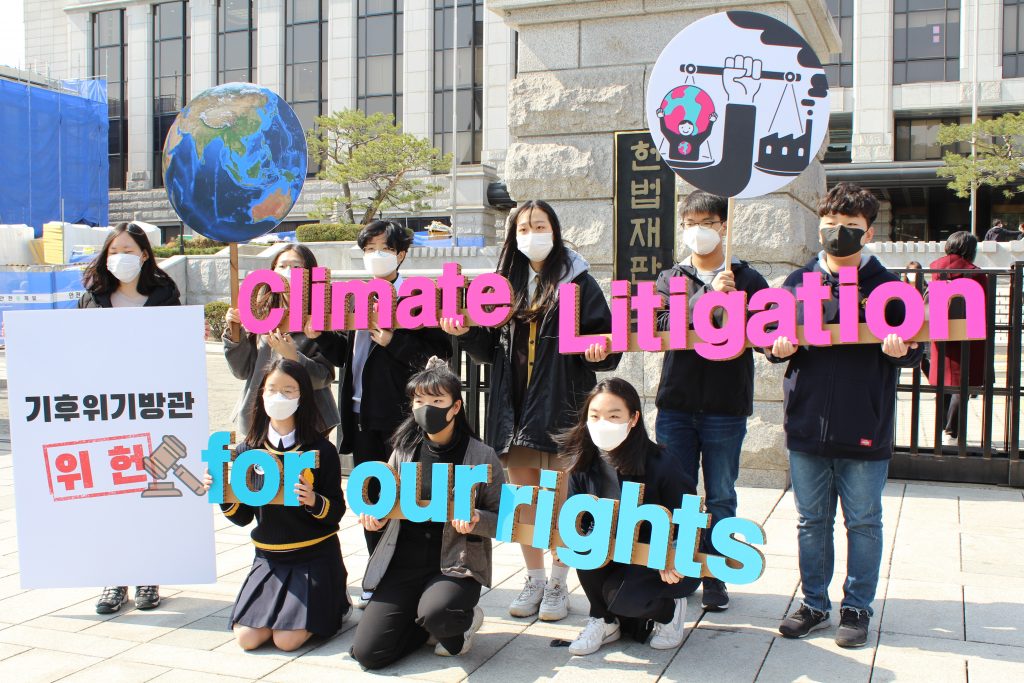
Spain
In September 2020, three Spanish NGOs – Greenpeace Spain, Oxfam Intermón, and Ecologistas en Acción – launched a case against the Spanish Government for its failure to take critical climate action. The claimants argue that the Government has failed to set climate goals for 2030 and 2050, as required by national law, and that its draft climate plan is inconsistent with the Paris Agreement and the need to keep global warming below 1.5℃. These failures, the claimants argue, breach their human rights, and the right to a healthy environment for present and future generations. The claimants are asking the Court to order the Spanish Government to set a mitigation plan that would require reductions of GHG emissions of at least 55% in 2030 compared to 1990. The case, which was formally filed in December 2020, is currently pending before the Spanish Supreme Court. Additional resources and legal documents are available here. Updates on the case can be found here and @greenpeace_esp.
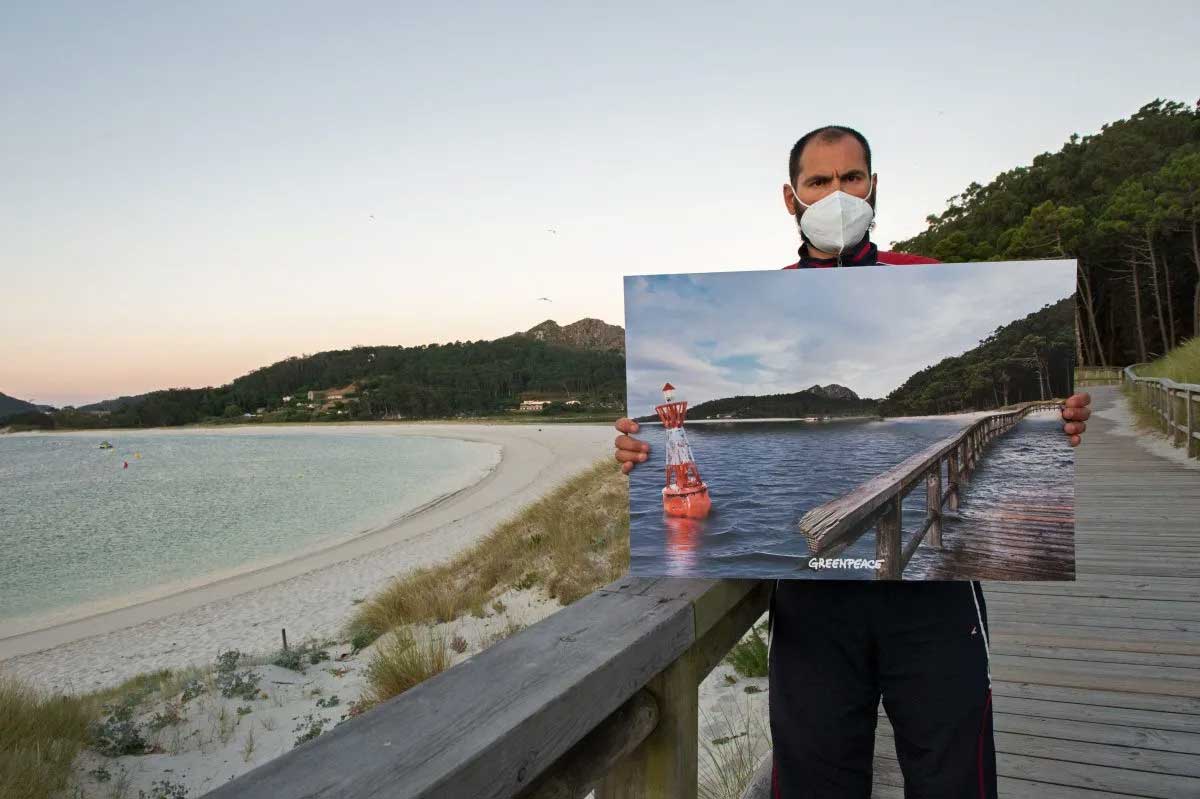
Switzerland
In May 2017, a group of senior Swiss women (the Klimaseniorinnen, Senior Women for Climate Protection) filed a legal complaint against the Swiss Government (the Federal Council) and three responsible authorities before the Federal Administrative Court. The plaintiffs asserted that the Government’s climate policies were unlawful and violated their rights to life and to private and family life under the European Convention on Human Rights, and their constitutional rights, because they fail to limit warming to the politically agreed ‘safe level’. The plaintiffs demanded an immediate increase in the ambition of the country’s mitigation targets for 2020 and 2030. In November 2018, the Federal Administrative Court dismissed the case, ruling that the plaintiffs are not particularly affected by the Government’s climate change mitigation measures beyond the impact on the general public. In January 2019, the plaintiffs appealed to the Supreme Court, which dismissed the case in May 2020, finding that the violation of human rights cannot be claimed until the Paris Agreement’s long-term temperature goal is exceeded. The Swiss Supreme Court also dismissed the case. In order to protect their rights, the Klimaseniorinnen referred their case in 2021 to the European Court of Human Rights, which will now decide whether Switzerland has violated its human rights obligations by not taking adequate climate action.
The Supreme Court’s judgment and other legal resources can be found here. More information about the case can be found here, here and @KlimaSeniorin.
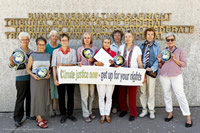
United Kingdom
Friends of the Earth v. UK Government (2022)
In this case brought against the UK Government, four plaintiffs (ClientEarth, the Good Law Project, Friends of the Earth, and climate activist Joanna Wheatley) challenged the UK’s inadequate efforts to reduce GHG emissions. The plaintiffs argued that the government’s climate plan, titled the Net Zero Strategy, was not exhaustive enough and inadequate to achieve the necessary GHG emissions reductions. On 18 July 2022, the UK High Court held that the government’s plan was unlawful. The court established that the government’s strategy lacked legally required information, making it impossible to understand and to assess the risk of missing domestic mitigation goals. The court also found that the plan’s lack of specificity would prevent Parliament from properly overseeing its implementation. The government was given eight months to update its climate plan and show how its policies will ensure that the mitigation targets are achieved. Additional resources about the climate case and relevant documents are available here and here. Updates can be found @ClientEarth, @GoodLawProject and @friends_earth.
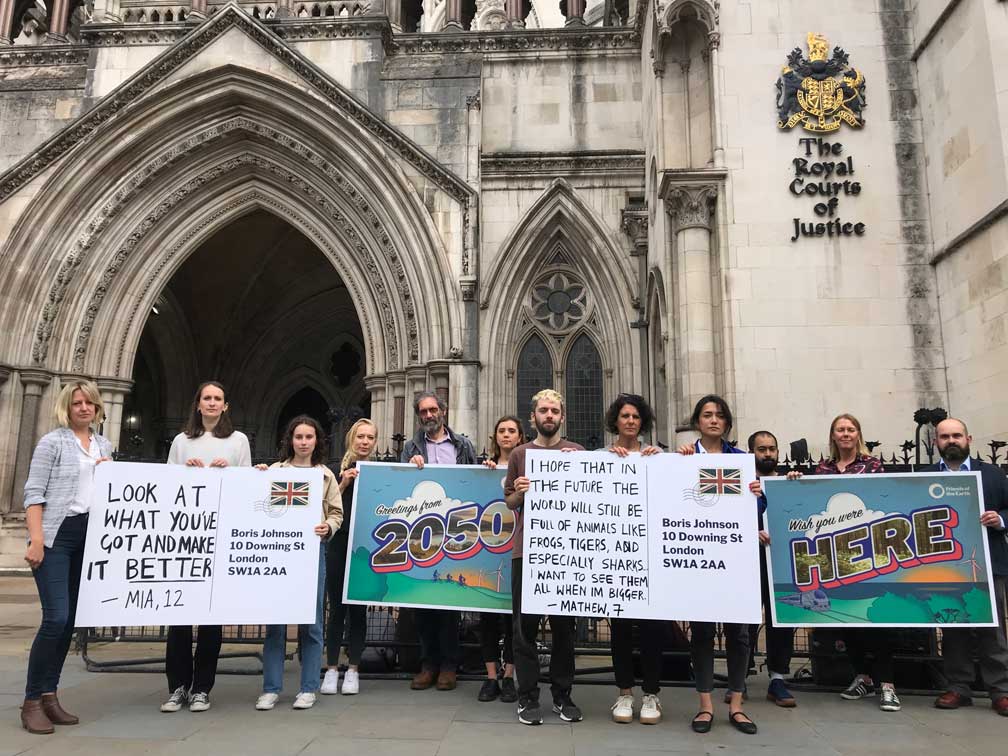
United States
In 2015, 21 young people filed a lawsuit against the United States Government in the District Court of Oregon, supported by Our Children’s Trust, a non-profit organisation. The plaintiffs claim that, for decades, the Government has actively contributed to causing climate change and that in doing so it has violated the youngest generation’s constitutional rights to life, liberty, and property, as well as failed to protect essential public trust resources. In November 2016, the plaintiffs survived an attempt by the Government and the fossil fuel industry to have the case thrown out of court at an early stage. In a landmark opinion and order, the Federal District Court of Oregon held that “the right to a climate system capable of sustaining human life is fundamental to a free and ordered society,” and rejected the Government’s motions to dismiss the case. Since then, the Government has made several applications to suspend the trial, which the Ninth Circuit Court of Appeals and the Supreme Court have repeatedly denied. In January 2020, the Ninth Circuit Court of Appeals ruled on the Government’s latest appeal and dismissed the case, ruling that the plaintiffs lacked standing since the relief they sought was beyond judicial power. After the Court of Appeals refused to rehear the case, the plaintiffs filed a motion to amend the case before the District Court – which is still pending. Legal documents and more information on the case can be found here, here, and @youthvgov.
There are a number of other climate litigation cases pending at the state level in the United States. For additional information, see Our Children’s Trust’s website.
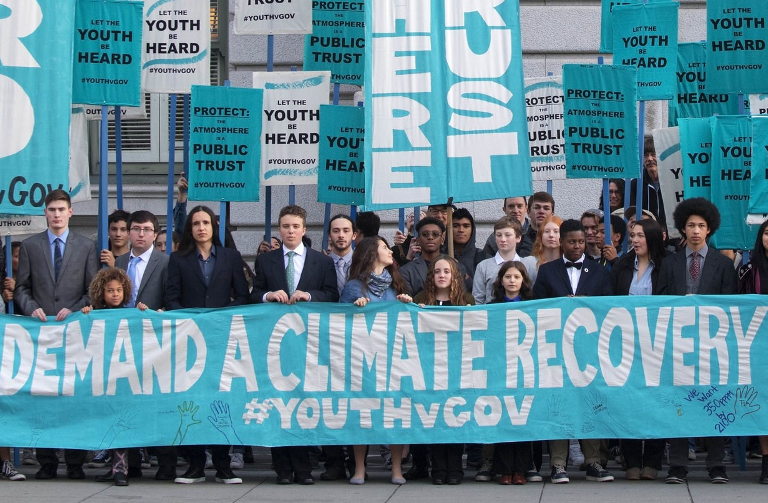
Climate Case
COP27 Climate Trials Campaign
To find out more or join, contact us.







